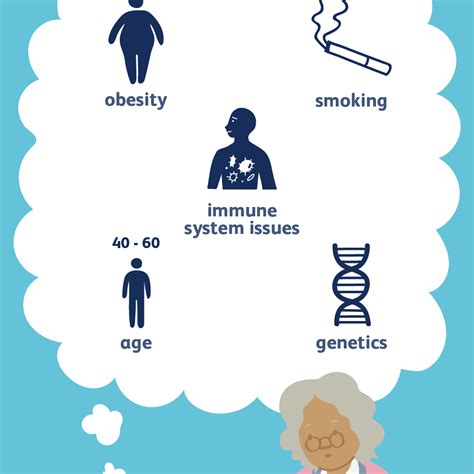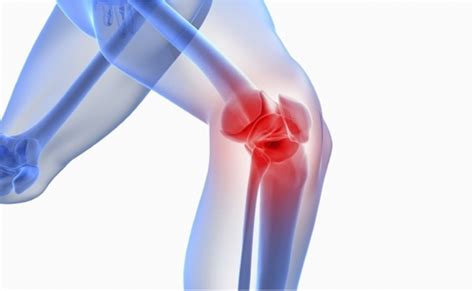A herniated disc, often referred to as a disc herniation or “slipped disc”, is a spinal condition where a part of the disc protrudes out of its intended space. This can lead to various symptoms, including pain, especially if it impinges on nearby nerves. While the lumbar (lower back) and cervical (neck) regions are the most common sites for herniation, it’s interesting to note that the thoracic (mid-back) region experiences this condition quite rarely, with only 1 in 200 to 400 cases.

Symptoms of Herniated Discs:
The onset of a herniated disc usually presents as pain in the region of the affected disc. If the disc irritates a nerve exiting the spinal column, it can cause a range of symptoms like:
Leg pain
Leg weakness
Leg numbness
Low back pain
Cauda equina syndrome
In many instances, especially in the lower back, the condition might not produce any noticeable symptoms and could remain asymptomatic. Thankfully, most cases do not require surgical intervention.
Causes of Herniated Discs:
There are several factors that can contribute to disc herniation. These include:
Aging: Over time, our spinal discs weaken and break down. This natural aging process can predispose one to disc herniations.
Sudden Injuries: Events like falls or sudden twists can lead to disc injuries. Additionally, activities involving heavy lifting can put undue strain on the discs, especially if done incorrectly.
It’s essential to note that while anyone can suffer from a herniated disc due to an injury, the chances increase as we age. This is because the cartilage forming the discs tends to deteriorate over the years.
Treatment Options:
The treatment for a herniated disc largely depends on the severity of symptoms, the duration of the condition, and whether the disc is pressing on any nerves or the spinal cord. For comprehensive treatment options and guidance, it’s advisable to consult specialist sources like Harvard Health, HSS, or the OHSU Spine Center.
In conclusion, while herniated discs can be painful and disruptive, understanding their causes and symptoms can aid in early detection and management.


